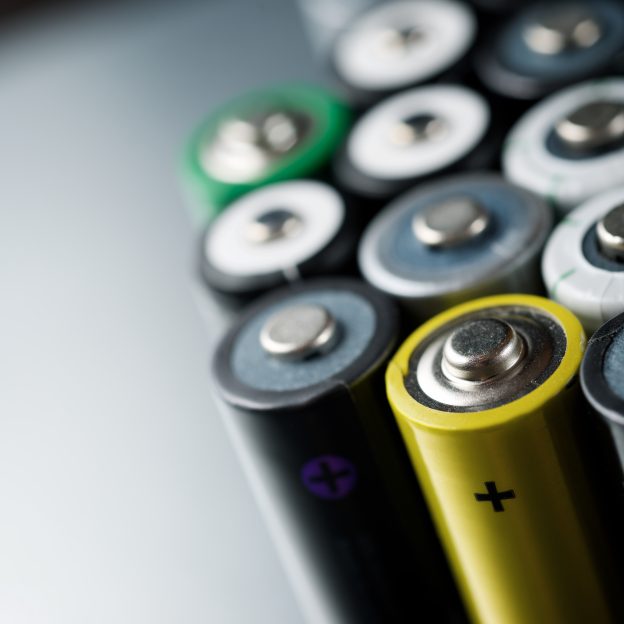Quidnet Energy announced in early March that it has entered into a 15-year agreement with CPS Energy. In this deal, they will be jointly developing a 15MWh geomechanical pumped storage (GPS) project. Both Quidnet and CPS are based in Texas. The announcement has been picked up by other renewable energy news platforms.
In the initial phase of this project, Quidnet will set up a 1MW/10MWh energy storage system capable of delivering power continuously for 10 hours. Afterward, Quidnet will eventually expand the storage capacity to 15MW. According to the reporting from other news outlets, the two companies will work together to improve and commercialize this relatively new energy storage technology during the 15-year period.
Backed by several venture capital firms, Quidnet is currently setting up pilot projects around North America, including New York, Ohio, and Alberta. Moreover, the company has received financial support from government agencies such as the US Department of Energy. It is also a founding member of the Long Duration Energy Storage Council.
The patented GPS technology that is being developed by Quidnet is similar to hydraulic fracturing, which has been adopted to extract oil and gas from shale rocks. In a GPS project, water is pumped underground to pry open layers of impermeable rocks and create a small reservoir or well. The pressurized water in the reservoir is released when needed to spin a hydroelectric turbine. The entire system is a closed loop where the same water gushes out from the well and is then reinjected into the ground. Hence, the same principle that is formerly used for an end that is harmful to the environment is now being taken up to generate clean electricity.
Compared with the more established pumped hydroelectric energy storage (PHES), GPS does not require the construction of two reservoirs, with one elevated above the other. The new technology is thus quicker and cheaper to set up. Quidnet even claims that a GPS project requires just 50% or less of the capital expenditure and long-term costs for a PHES project or a battery energy storage project.
The agreement with CPS represents Quidnet’s sixth pilot project. In some of its press releases, Quidnet emphasized that the adoption of GPS will allow the workforce, expertise, and supply chain of the oil and gas industry to evolve and eventually settle into the green economy.
Quidnet have attracted investors that include Breakthrough Energy Venture (that was founded by Bill Gates), Evok Innovations, and Trafigura. The foundation of the well-known acting couple Will and Jada Smith backed the startup at its formation in 2015. Hence, the outlook on both the company and the technology has been extremely bullish.
As a local utility, CPS has been transitioning to renewable generation. A related article published at the website EnergyTech on March 10 stated that CPS wants to raise renewable generation by 127% and lower gas-fired and coal-fired generation by 72% and 61% respectively by 2040. Rudy Garza, interim president and CEO of CPS, said that new technologies like the one offered by Quidnet will improve the reliability of electricity delivery and enable his company to expand its renewable portfolio.







